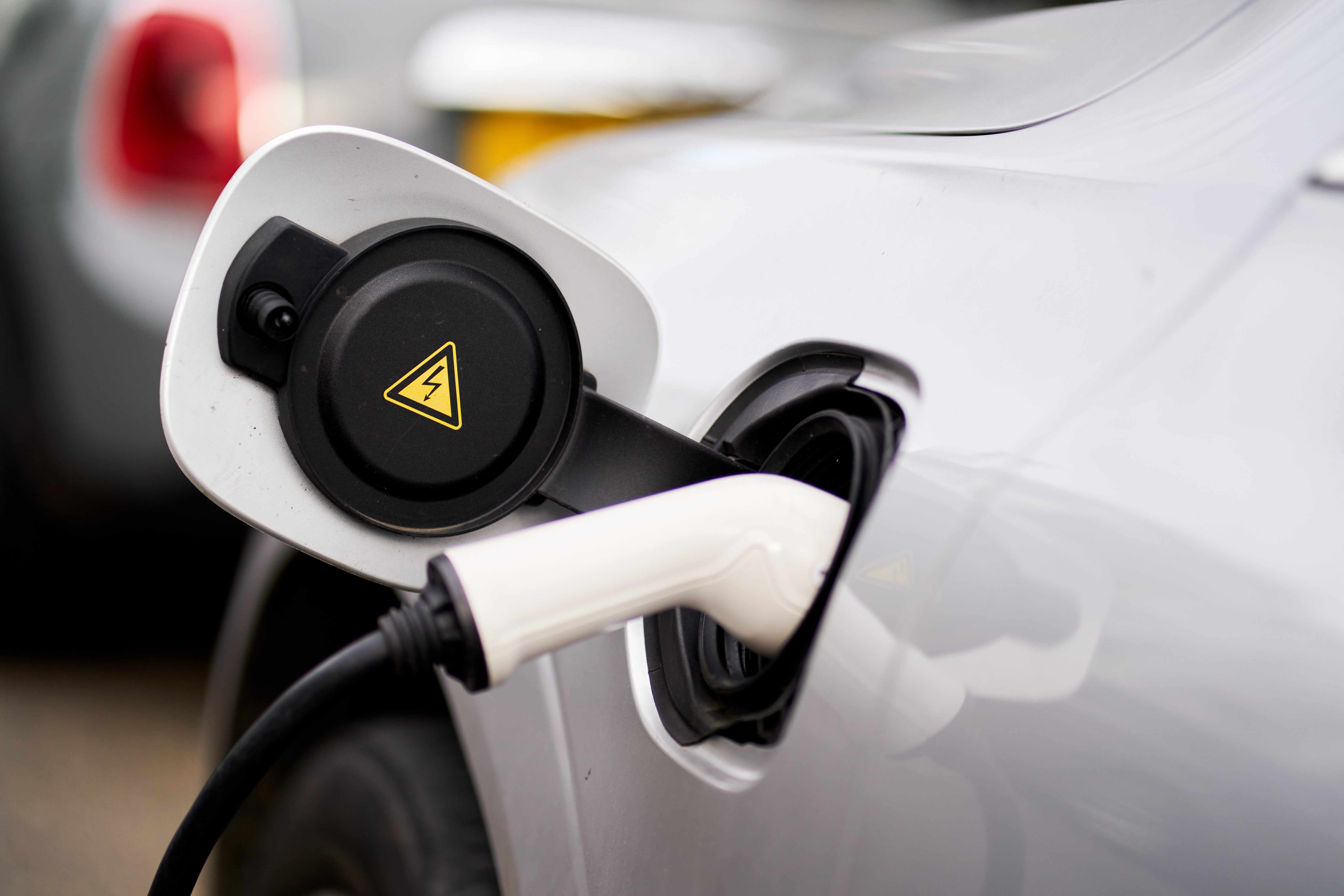Grants for new electric cars slashed by £1,000
The maximum amount of cash motorists can claim towards the cost of a plug-in car has been cut from £2,500 to £1,500

Your support helps us to tell the story
From reproductive rights to climate change to Big Tech, The Independent is on the ground when the story is developing. Whether it's investigating the financials of Elon Musk's pro-Trump PAC or producing our latest documentary, 'The A Word', which shines a light on the American women fighting for reproductive rights, we know how important it is to parse out the facts from the messaging.
At such a critical moment in US history, we need reporters on the ground. Your donation allows us to keep sending journalists to speak to both sides of the story.
The Independent is trusted by Americans across the entire political spectrum. And unlike many other quality news outlets, we choose not to lock Americans out of our reporting and analysis with paywalls. We believe quality journalism should be available to everyone, paid for by those who can afford it.
Your support makes all the difference.Grants for new electric cars have been slashed by 40 per cent to “enable taxpayers’ money to go further”, the Department for Transport (DfT) has announced.
The maximum amount of cash motorists can claim towards the cost of a plug-in car has been cut from £2,500 to £1,500.
For cars to be eligible for the grant they must now cost less than £32,000.
This is down from £35,000.
- Plug-in car - £1,500
- Electric motorcycle - £500
- Electric moped - £150
- Large electric van - £5,000
- Small electric van - £2,500
The DfT said the changes will allow “the scheme’s funding to go further and to help more people make the switch to an EV (electric vehicle)”.
It added that the Government’s investment in the transition to EVs “remains unchanged”.
The purchase of more than half a million low-emission vehicles has been supported by the plug-in grant scheme over the last decade.
Sales of zero-emission new cars are up 89% this year compared with 2020, and in the last three months nearly a quarter of new cars sold had a plug.
Maximum grants for electric motorcycles and mopeds was £1,500, but this has been cut to £500 for the former and £150 for the latter.
Large electric vans are now eligible for a grant of up to £5,000 – down from £6,000 – with the support for small vans falling from a maximum of £3,000 to £2,500.
The DfT also announced that it will introduce new rules next year aimed at increasing confidence in charging infrastructure.
A minimum standard for payment – such as contactless – will be required for new 7.1kw and above charge points, and motorists will soon be able to compare costs across charging networks in a “recognisable format” similar to pence per litre at petrol stations.
We want as many people as possible to be able to make the switch to an electric vehicle
Transport minister Trudy Harrison said: “The market is charging ahead in the switch to electric vehicles.
“This, together with the increasing choice of new vehicles and growing demand from customers, means that we are re-focusing our vehicle grants on the more affordable vehicles and reducing grant rates to allow more people to benefit, and enable taxpayers’ money to go further.
“We want as many people as possible to be able to make the switch to an electric vehicle, which is why we will also be introducing new rules to make it easier to find and pay at charge points.
“This will ensure drivers have confidence in our charging infrastructure, as we look to reduce our carbon emissions, create green jobs and level up right across the UK.”